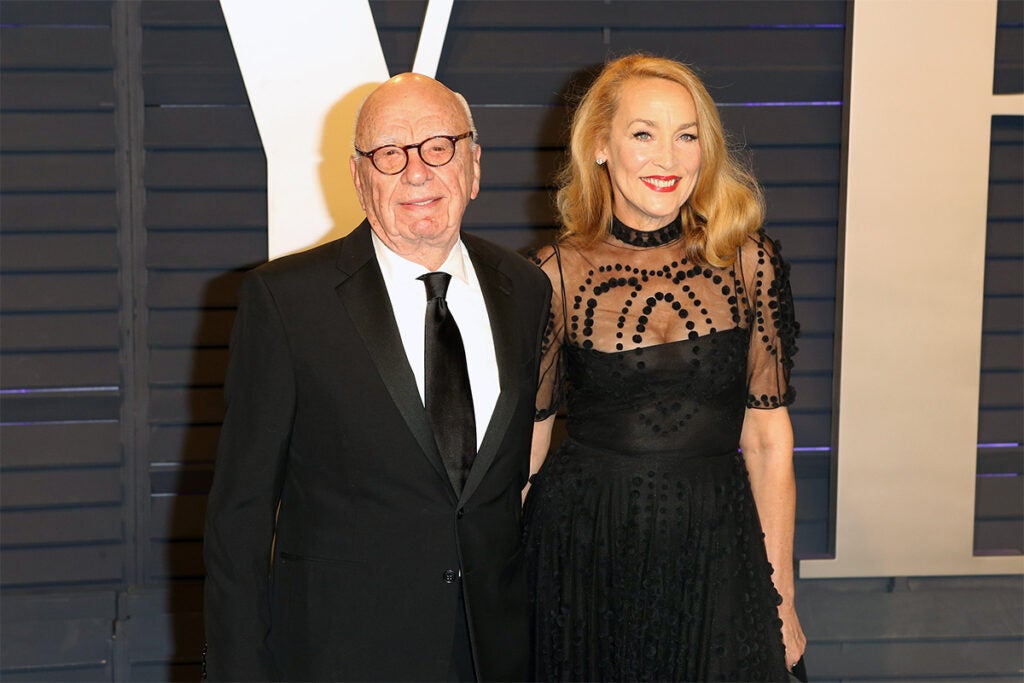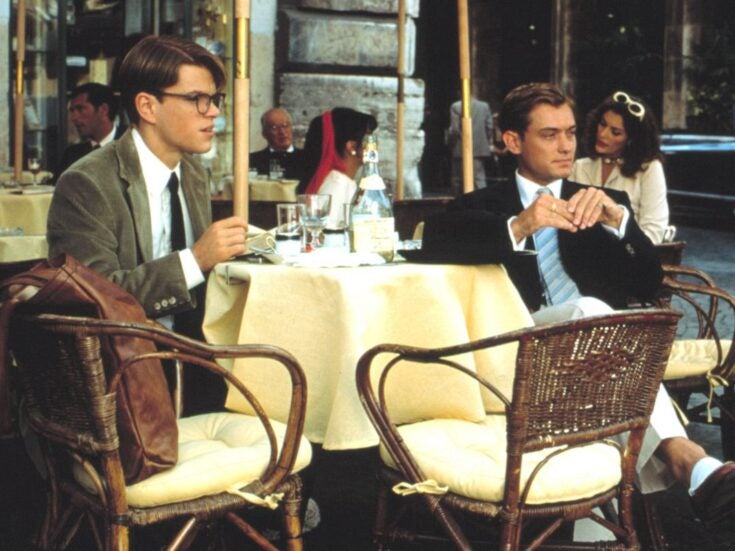
Newspaper ownership, my HNW friends, is much on my mind of late. The other magazine for which I work, the Spectator, is currently up for sale – and for a long time this year (until co-investor RedBird effectively pulled the plug in mid-March), the front runner to take a controlling interest was an investment vehicle backed by Abu Dhabi. With no sale to anyone imminent as I write this, we are all hunkering down in the hopes that an eccentric billionaire rides to our rescue in the manner of Daddy Warbucks.
[See also: Why children’s literature could spell the end of pocket money]
There’s a certain sort of serious-minded media pundit who likes to disapprove of newspapers or magazines being ‘a rich man’s plaything’. They think papers should be owned and operated by trusts, or charities, or governments, or some such, and that egomaniacal, capricious press barons in the Beaverbrook and Rothermere or Maxwell mould are to be deplored. I take a different view.
Respectable reasons for newspaper ownership

If the print media industry is to survive, runs my theory, we need not fewer but more crazy billionaires with heads full of hobby horses to own and operate newspapers and magazines. There are lots of reasons you might want to own a newspaper. You might hope for the respect of the establishment, to make famous friends, for the prospect of a place in the House of Lords, for the chance to have politicians jump when you snap your fingers, for the opportunity to publish your own unhinged articles on international politics to a wide audience whenever you like, to make it harder for Putin to bump you off, or even for the opportunity to publish lots and lots of photos of yourself and your excellent beard whenever the fancy takes you.
[See also: Could the British Library cyber-attack bridge a social divide?]
All these are good and respectable reasons for owning a newspaper, and they don’t do that much harm to the quality of the output. Yes, yes, proprietors aren’t supposed to interfere with the sacred independence of the editorial team. And yes, yes, of course, they almost always do. If you’re editing the Sun, you’ll make it your business to guess – even if he doesn’t tell you – which party Rupert Murdoch would like to win the next election. Nor do you expect a paper owned by Richard Desmond to rail against pornography, or Lord Rothermere’s papers to campaign for the abolition of non-dom status. That sort of interference is obvious to a half-intelligent reader and essentially priced in.
No, what kills off newspapers these days is people with the idiotic notion that they exist primarily to make money. That way lies madness, and the destruction of all that is good in our industry. You chase your plummeting circulation and departing advertisers with ever more useless clickbait, and soon you have something of no journalistic value and you’re selling advertorial supplements to North Korea to make ends meet.
A plea to UHNW readers
I worked on the Daily Telegraph for about a decade under the proprietorship of Conrad Black. During my time there, I’ll confess, I didn’t always feel warmly towards the now Lord Black of Crossharbour. He wasn’t super keen on the right of labour to organise against capital, so relations with the National Union of Journalists were fractious. And though I cherished the way the then-editor Charles (now Lord) Moore winced when the proprietor called him ‘Chuck’, we saw Conrad as rather a boorish figure. We toilers resented his vast riches and robust political views, and unworthily suspected that he liked owning the paper because it meant he could get Margaret Thatcher and Henry Kissinger to come to his parties.
But we were wrong. I don’t know if we were wrong about the dinner party thing, I mean, but wrong about our notion that having Conrad was bad for the paper. What I can see now is that his was the last golden age of the Telegraph. His intellectual amour propre meant it mattered to him that the newspaper was good. The paper cultivated intelligent readers, kept on experienced and serious specialists, had ambitious foreign coverage, and paid well.
I am keen on eccentric billionaires, but I’m not wild (and nor are my colleagues) about being effectively owned by the sovereign wealth fund of a foreign autocracy. So, readers, any UHNW out there for whom the cost of buying the Spectator would be by way of a rounding error? Someone who likes the idea of swanking about owning the world’s oldest and (along with Spear’s, of course) best magazine, likes being invited to nice parties with amusing people, and would be willing to leave this (amazingly) profitable organ to chug on unmolested?
You’d really be doing us all a favour.






